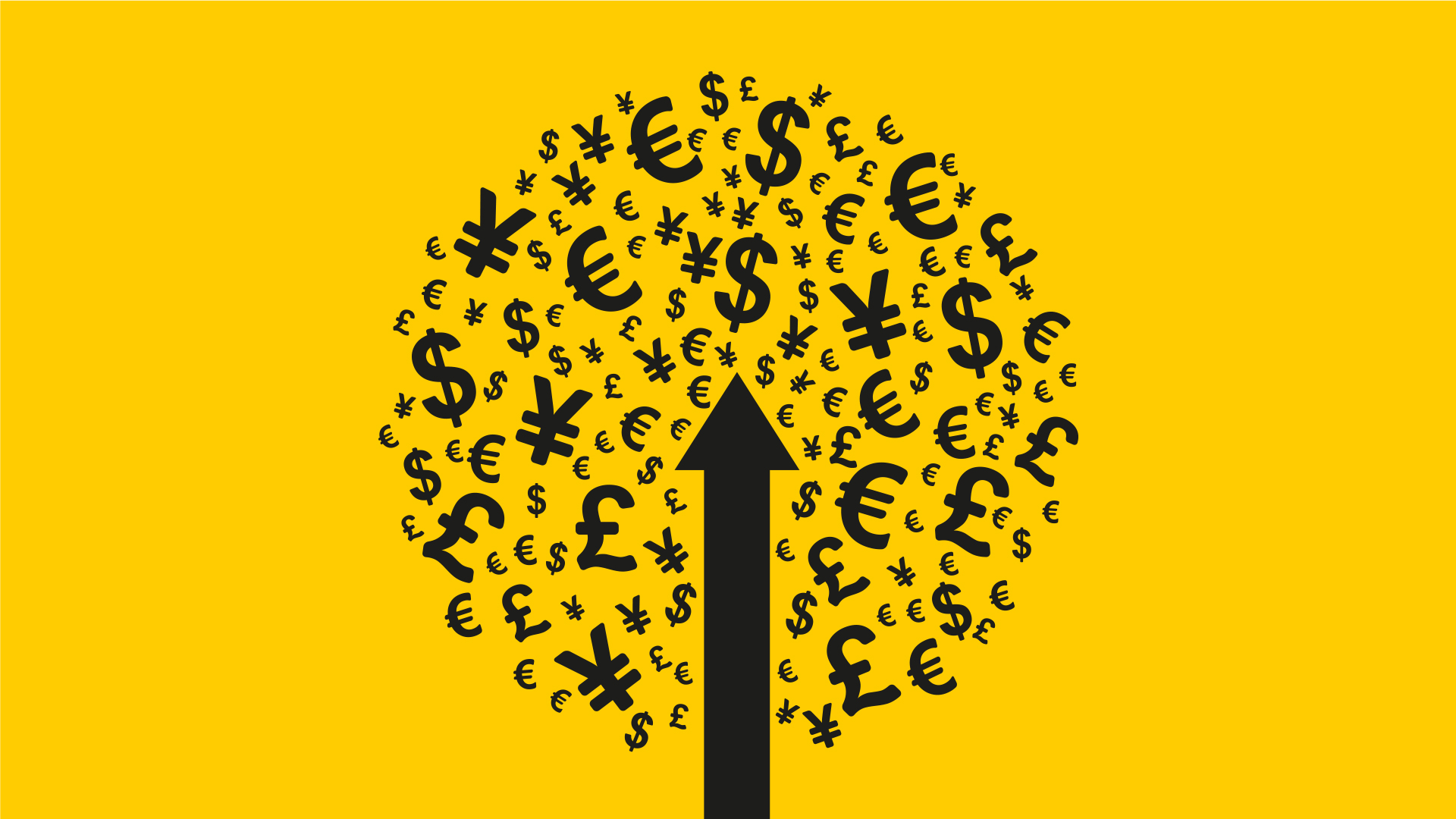Investment platforms often advertise themselves as ‘making your money work for you’. But do you know who else your money is working for? Every year, some asset managers pour millions into industries like tobacco, global armaments, and oil and gas.
Worse still, many of these funds advertise themselves as sustainable. Over a three-month period last year, asset managers used investment funds branded as green or socially responsible to invest more than £800 million in fossil fuel firms, research released by Common Wealth think tank has revealed. But there are options for ethically minded investors.
There are platforms such as the Big Exchange, co-founded by Big Issue, that only list funds that have been independently rated for their positive contribution to people and planet. The platform offers investors the chance to put their money to good use, says Kim Goodall, a Big Exchange Impact Analyst.
“If you want to invest with your conscience, the homework’s done for you, you can just come to the platform,” she said. “You just have to know what is important to you.”
Ethical investing is an umbrella term. Traditionally, it involved starving harmful industries like tobacco or armaments of investment – a practice known as “exclusionary” investing. In recent years, it has expanded to include companies aiming to make a positive difference; this is known as “impact” investing. Both are on the rise, as the climate crisis pushes the environment into the mainstream.
According to a study released by Morgan Stanley in January, more than half (56%) of individual investors say they plan to increase their allocations to sustainable investments this year. Another survey – conducted by financial advisory organisation deVere Group – shows that 70% of investors believe ESG (environmental, social, and governance) investments lead to higher returns.










